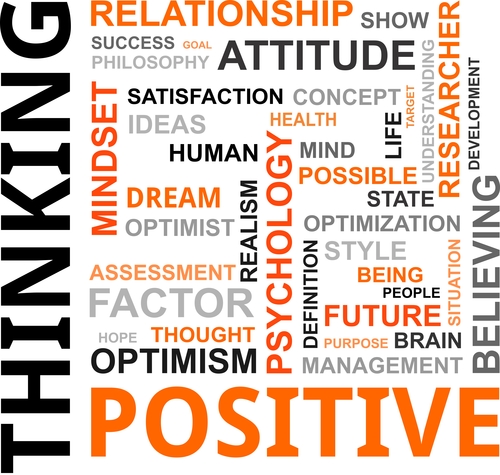 A lot of work has been done in the field of psychology that focuses on making people happier. This has given rise to a somewhat newer field called positive psychology. Although positive psychology has existed for over a decade, many people don’t know about it.
A lot of work has been done in the field of psychology that focuses on making people happier. This has given rise to a somewhat newer field called positive psychology. Although positive psychology has existed for over a decade, many people don’t know about it.
There are plenty of techniques used by therapists all over the word, techniques that rely on positive psychology to reshape how you perceive things. These techniques focus on who you are as a person and mold your personality to make you happier.
So just how positive psychology can help you be happier?
What is Positive Psychology
Positive Psychology relies on the concept that the key to being happy is realizing and understanding that it is up to you to be happier. A conscious effort needs to be made to adopt proper characteristics that can actually give your life meaning.
Positive psychology research focuses on three aspects i.e. emotions, traits and institutions.
- Emotions: Positive psychology focuses on positive emotions, and how these emotions need to be at the forefront of our lives. Positive emotions include contentment, gratitude, hope, love, belief, etc. It is based on the belief that positivity leads to positivity and thus happiness.
- Traits: Traits or characteristics are harder to change but are an important aspect of positive psychology nonetheless. Positive psychology focuses on encouraging positive personality traits while keeping negative habits to a minimum. Positive traits include compassion, empathy, creativity, honesty, etc.
- Institutions: Positive psychology also focuses on the community as a whole, and institutions within the community that can make use of the positive psychology techniques developed through years and years of research. Researchers believe that these techniques need to be put out there into practice to give real meaning to their work.
Positive Psychology and Positive Thinking
On first glance it would be easy enough to confuse positive thinking with positive psychology. After all, both are about injecting positivity into our lives. But the fact of the matter is that the similarities end there.
Positive thinking is a broad concept that calls for being positive whenever you can. Now this works for many people, but it does differ from what positive psychology is about.
Positive psychology is a research based technique that makes use of the experience of experts resulting in practical tools that can applied to life. These tools, as mentioned before, are used by therapists, clinics and even offices to boost morale and help people become happier. Positive psychologists don’t believe that in order to be happy you have to adopt positive thinking all the time. In fact, they believe that in certain circumstances having a negative or pragmatic attitude can actually be better.
According to Positive Psychologist, Debbie Smith, of International Positive Psychology Association, “There is a ratio of positive to negative that is a healthy ratio — it’s three to one.” According to her, it’s neither practical nor realistic to take a positive view of things in every situation.
Does Positive Psychology Work
A common question asked of positive psychologists is, ‘can positive psychology actually make you happier’?
And if so, just how positive psychology can help you be happier.
Positive psychology does work. It is based on beliefs that have been formed from real research. Some important beliefs in positive psychology include:
- It is believed that people enjoy activities more than possessions.
- People who are grateful for what they have tend to be happier.
- Being surrounded by positive and happy people will encourage other people to follow suit and be happier.
- Wealth and happiness are not connected as long as you are not poor. This belief takes into consideration that being below the poverty line is something completely different.
- Negativity can lead to mental and physical health issues, and be detrimental to overall wellness.
Positive Psychology Techniques to Help You Be Happier
Positive psychology is all about giving you practical techniques to take control of your life. Some positive psychology techniques that can help you cultivate happiness include:
- You need to start being positive and altering your perspective when confronted with negative situations. Finding the ‘silver lining’ sounds so much like an old wives’ tale that it has almost become a cliché, but it does work.
- Start being thankful for what you have instead of complaining about what you don’t. Next time you feel like complaining, stop yourself then and there and start thinking of positive things, things that are going right for you.
- Enjoy and savor your positive experiences rather than forgetting about them soon as they are done. If you enjoy something, enjoy it fully.
- Start noting down enjoyable things or experiences that you go through every day. Make sure that you find at least three daily. When you do this on a regular basis, your brain will start to focus on positivity and allow you to achieve happiness.







